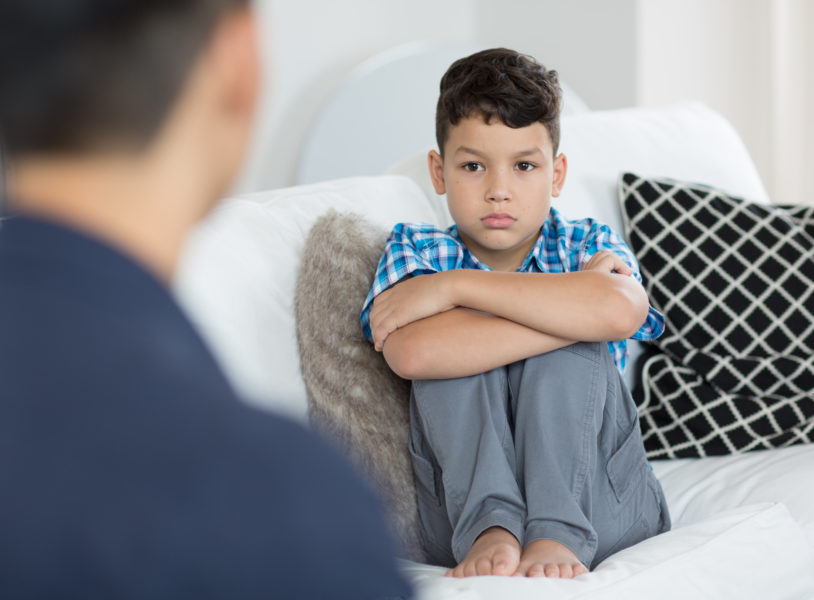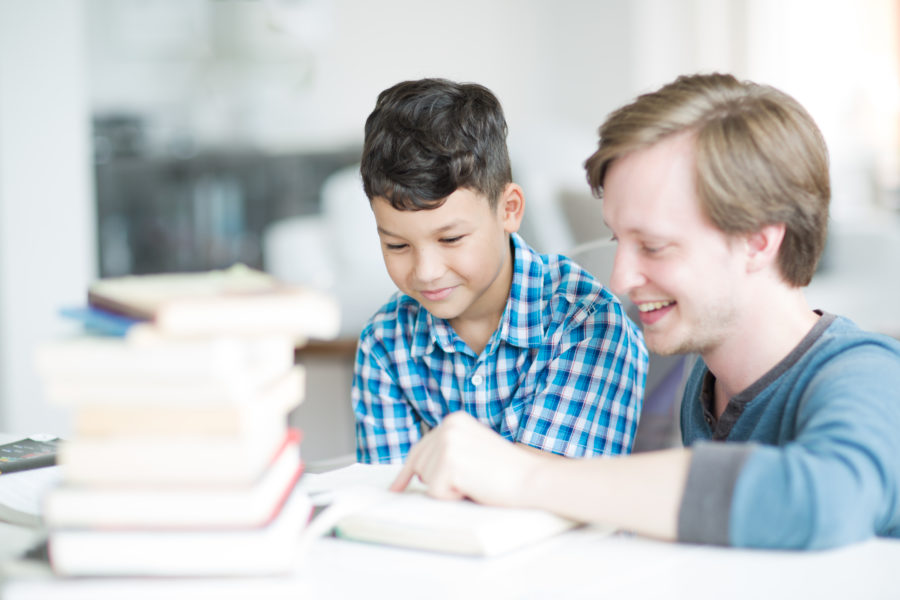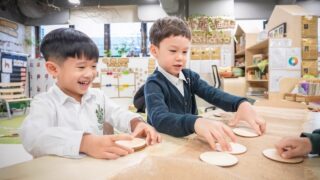It’s not your imagination; today’s tweens are presenting with what was traditionally teenage behaviour. The line between tweens and teens is becoming more blurred. Not only are young girls facing adolescence earlier than their mothers or grandmothers, but boys are also facing their own challenges.
Disengagement from school
While it’s normal for growing kids to show reluctance getting up early for school, it’s cause for concern if there’s an absolute refusal to attend school. This is an extreme presentation of disengagement, but even a significant drop in enthusiasm and willingness to engage at school is a red flag for parents. Naturally, a drop in motivation and contentment around learning makes us worried about our tweens.

Time to refocus
So, how can we identify it’s time to intervene with our child’s relationship with learning? How do we know if there’s a decline in learning success at school? And, what can we do to help our kids find their groove in Hong Kong’s very broad school system?
To get the answers, we turned to the expert, Jerome Barty-Taylor, Managing Director of Barty Education and Development. Jerome is well known for his role helping to refocus Hong Kong teenagers who have become disinterested in school. He’s noticed a rise in parents of tweens reaching out for help. “A lot of the work we do with mentoring teenagers seems to be moving down into youngers years with 8-11 year olds making up the bulk of referrals.” He explains, “It seems in the last two years of Primary these students become disaffected and not interested in school. This is obviously a big concern for parents.”
The role of mentors
Tweens with tutors and mentors? For some parents this could sound like overkill, but Jerome shares an important note about how education has changed. “Unfortunately, our education system is inherited from the Victorian era in which secondary school is perceived as the most important placement.” He warns that this might be a dated construct of the best education path. Nonetheless, “Primary still lays the best basis for success in secondary.”
“Having a negative experience in Primary school lays a fragile foundation for how your child will approach learning and mastering new tasks as they become an adult,” says Jerome. This sounds dire, but he warns us all to remember we’re facing a future of constant change. Enjoying learning and being open to learning new things is a skill for our children to master young for success in an ever more changing working world.

Jerome’s Tips
When should we intervene?
If a child is habitually unable to make positive statements about any aspect of education, then it is time to reset the emotional thermostat on learning. It’s also time to start getting involved if you see a significant change in your child’s attitude towards school. Ask your child non-confrontational open-ended questions about school. This allow them to express themselves without the fear of saying the wrong thing. An example would be, tell me about what went well today?
How do we know if there’s a decline in learning success at school?
Keep communicating with your child’s teacher and ask if you’re concerned. Look at marked homework assignments with your child. This is not helicopter parenting; as a third party you are reviewing the relationship between child, homework and indeed their teacher. You know your child and are quite capable of making a reasonable judgement if their work shows a half-hearted or unenthused attitude. If a tween is bored with what they’re reading in school, it’s time to find new inspiration. Take them to a library, or consult an age-appropriate reading list. Many behavioural interventions can be put in place at home before drawing on an external support.
How can we help our kids?
Mentoring works well for tweens if combined with a responsive home environment. This can put in place appropriate structures to affect behavioural change. We work with a lot of families to help tweens and teens get back on track and reignite their passion for learning. Ultimately this involves careful one-to-one work with the child and a broader engagement with the family as children are quick to emulate behaviours that their parents model. Our programs lead to marked change to the benefit of the young people involved.
If you are interested to learn more about supporting your tween or teen, reach out to Jerome and his team of expert tutors at BartyED via enquiries@bartyed.com
2799 6438 | bartyed.com
See more in our Schools section:
A conflict-free homework zone for teens?
Bumper guide to international schools in Hong Kong






